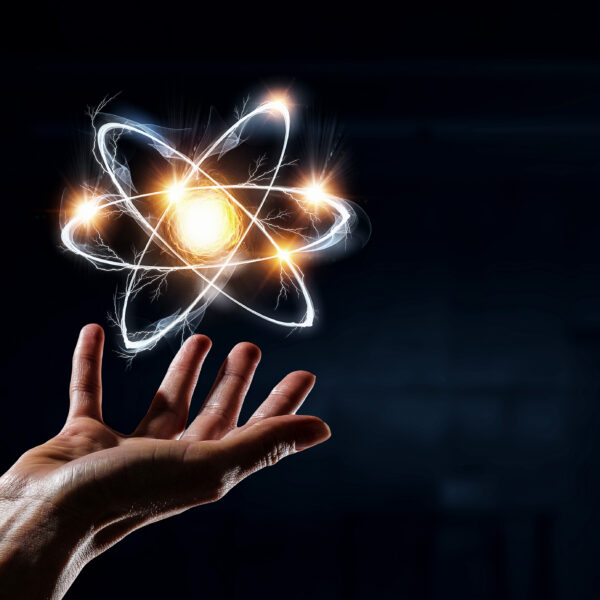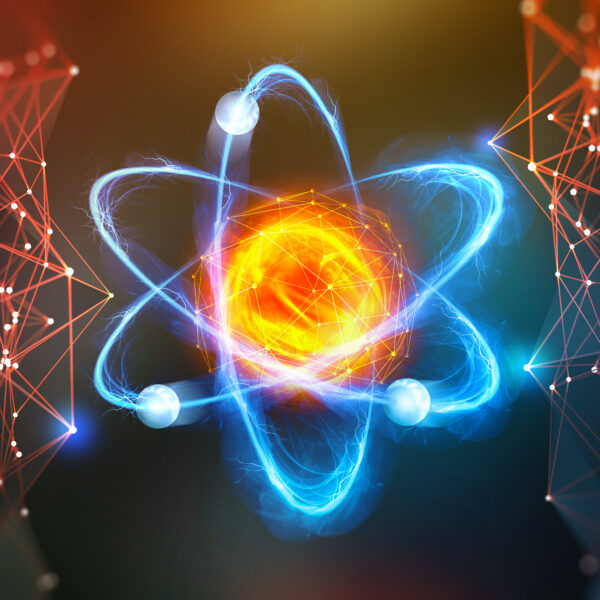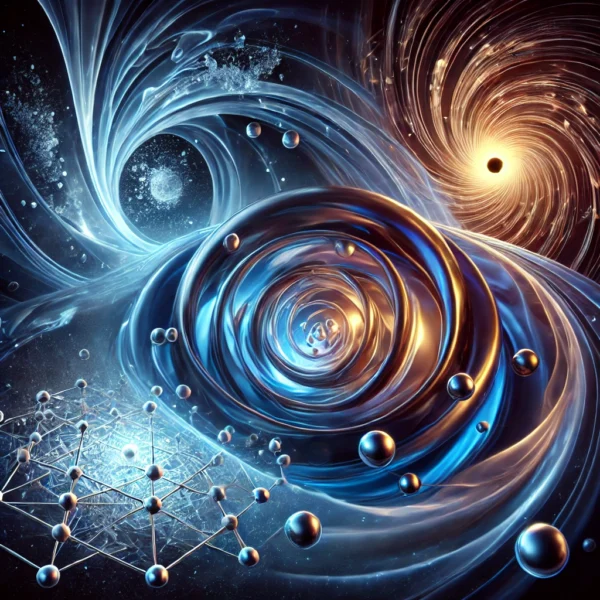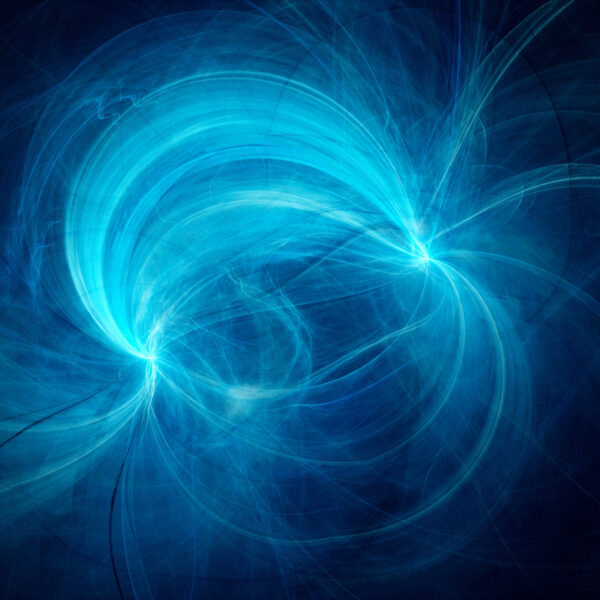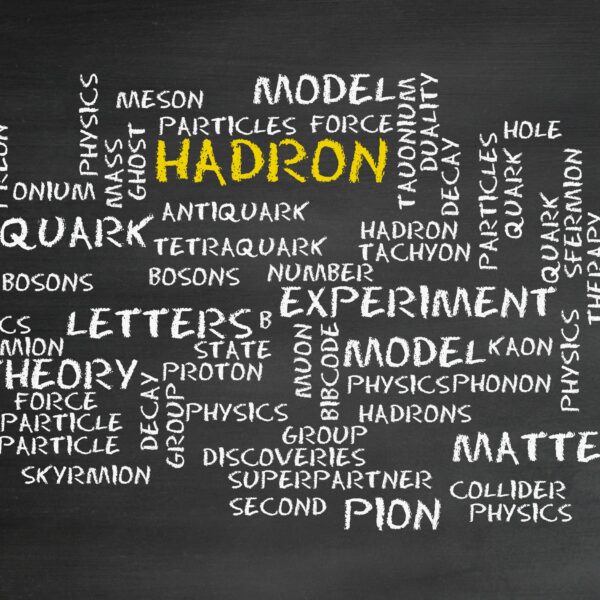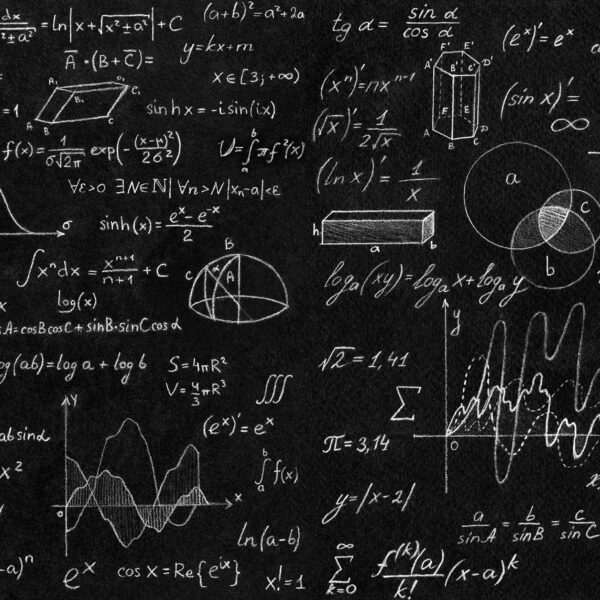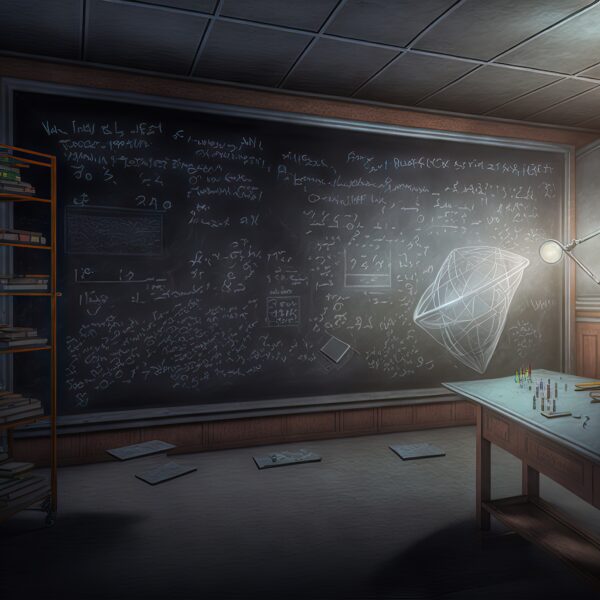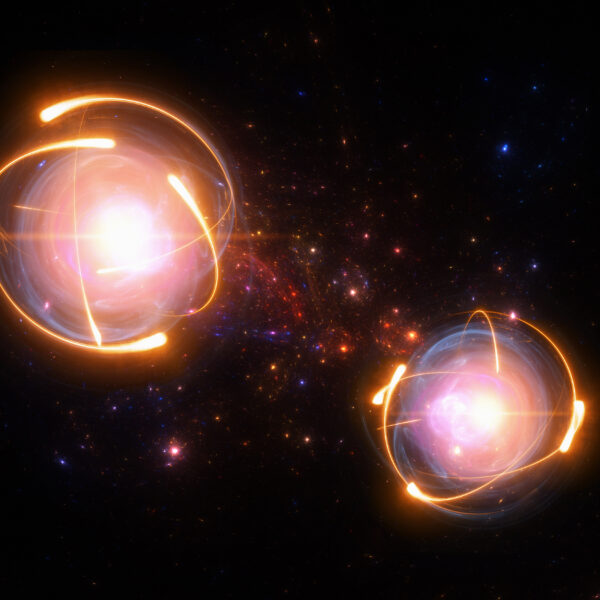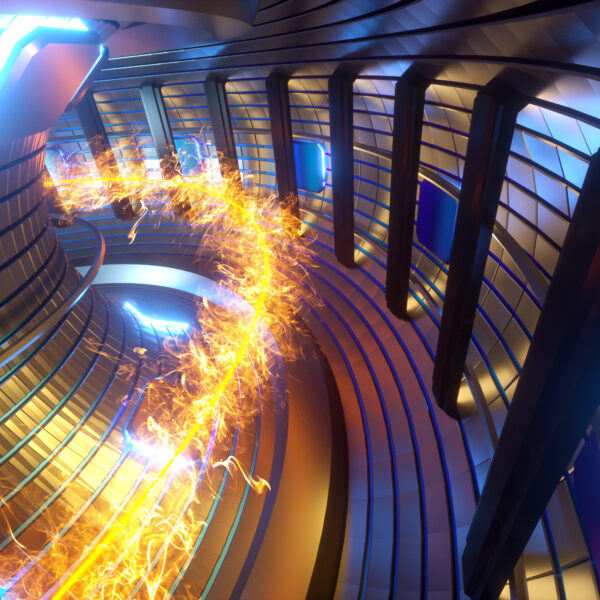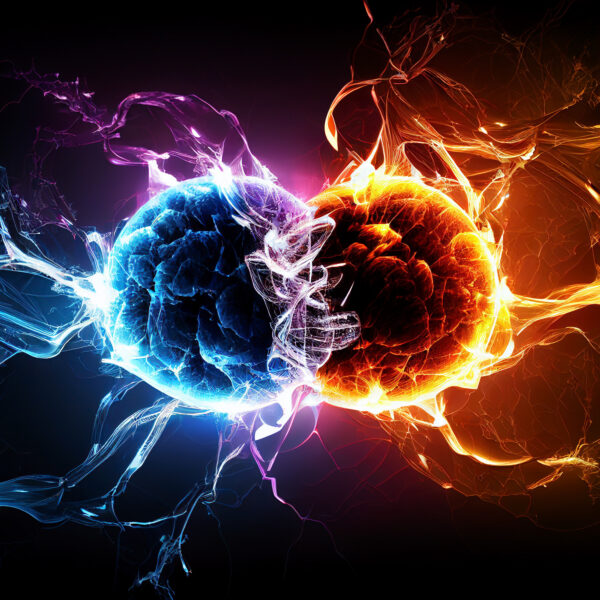Workshops
-
Lepton flavour change is observed in neutrino oscillations, but not yet in contact interactions among charged leptons – despite decades of active searching and a plethora of models. However, this could change soon, as a huge leap in experimental reach is promised by upcoming searches for μ → e conversion in nuclei. The workshop aims to bring together lepton, χPT/nucleon and nuclear theorists, in order to improve the multi-scale theoretical rate calculations, using state of the art mean-field or shell-model approaches, to the accuracy required by upcoming experiments. Also, in collaboration with experimentalists, we aim to explore feasible and complementary nuclear targets that could best identify the lepton flavour changing interactions.More info
-
In recent years, quantum technologies have garnered significant attention due to their promising applications, including quantum computation, cryptography, simulation of quantum many-body systems, and hybrid quantum-classical algorithms. As this field rapidly expands into specialized research areas, the Quantum Science Generation Workshop 2025 its third edition - aims to provide a comprehensive - and up-to-date overview of the most active research-areas within this field. The workshop will cover: (i) optical and condensed matter platforms for quantum computing; (ii) quantum simulation of problems of interest for condensed matter, nuclear, high-energy, or gravitational physics; and (iii) hybrid quantum algorithms for optimization problems. Targeted at young researchers at the PhD and PostDoc levels, the workshop seeks to foster discussion and collaboration across different quantum science disciplines, promoting new insights and advancing the field.More info
-
The workshop is dedicated to study superfluid systems in nonequilibrium conditions. In the case of atomic nuclei, two processes depend crucially on superfluidity: induced nuclear fission and low-energy nuclear collisions involving heavy nuclei. In the case of neutron stars, superfluidity is at the heart of the so-called `glitches’ observed in pulsars, but also plays a crucial role in determining transport coefficients that can influence the cooling of the star and its gravitational wave emission. To model these phenomena, it is crucial to understand dissipative channels related to superflow, the dynamics of vortices, and the decay mechanism of a quantum turbulent state. On the other hand, thanks to advances in experimental techniques in the field of ultracold gases and helium liquids, we can investigate nonequilibrium phenomena in these superfluids and use both experimental and theoretical achievements in these fields to understand the most intriguing questions related to nonequilibrium superfluidityMore info
-
This workshop will connect different approaches to nonperturbative quantum field theory (including lattice QCD, Dyson-Schwinger equations and the functional renormalisation group) in exploring the analytical structure of Green’s functions in complex momentum space and methods for analytical continuation between Euclidean and Minkowski space, as well as prospects for direct calculations in Minkowski space. A particular focus will be how to reliably obtain results for physical observables which are most naturally defined in Minkowski metric, such as distribution amplitudes, generalized parton distributions, scattering and decay widths, and transport coefficients.More info
-
Universal scaling behaviors have been observed in a variety of strongly interacting systems, from nuclear binding to collective many-body properties of cold atoms. While it remains nebulous how these strongly coupled systems emerge from fundamental constituents, the peculiar patterns of these scaling symmetries connected seemingly different fields in a model-independent manner that demands a universal interpretation. Studying the universal behavior of few-to-many-body processes across the different fields can, in turn, yield new insights into strongly interacting, emergent phenomena. This workshop brings together experts representing the different areas to address this quickly growing and exciting line of research.More info
-
Strong links between theory and experiment are mandatory to advance nuclear physics and optimize the realization of experimental research programs. Presently, there is a limited amount of available data and software that allow experimentalists to have an easy access to state-of-the-art predictions for nuclear observables. One of the goals of the EURO-LABS project, implemented within the Horizon Europe program, consists in establishing virtual access (VA) facilities that fill this gap. The Theo4Exp facility has been recently launched in February 2024. The purpose of this workshop is to make Theo4Exp more widely known, introduce prospective users to its exploitation and, more importantly, set the grounds for broadening the scope of Theo4Exp and ameliorating the service for all the low-energy nuclear physics community. The ultimate goal is, thus, to further improve the synergy between theory and experiment, and improve the scientific impact of the field.More info
-
Ab initio applications in nuclear theory have grown dramatically over the past two decades thanks to the rapid development of effective field theories (EFT) for the nuclear force and the introduction of advanced algorithms for large scale many-body computations.More info
-
The study of the QCD phase diagram in the high-muB region is a key avenue toward understanding strongly interacting matter under extreme conditions. First accurate data in the collision energy region around 10 GeV, corresponding to baryo-chemical potentials of several hundred MeV, became available recently, with the completion of the Beam Energy Scan at RHIC. Hadronic and electromagnetic observables were the main addressed topics. The next breakthrough is expected with the CBM/HADES experiments at FAIR/GSI and the proposed NA60+ experiment at SPS/CERN that will take data at interaction rates larger by at least two orders of magnitude, allowing a much more accurate study of electromagnetic probes and first results on heavy-quark production. Following an exploratory workshop held at ECT* in 2021, we now aim at substantial progress in reviewing currently available results, analyzing the physics potential of the forthcoming experiments, and discussing first actual predictions for the future measurements. We will also review the progress on new detectors for high-luminosity experiments, identifying possible developments and synergies between the various projects.More info
-
The charge radius is a fundamental property of the nucleus, whose knowledge has implications in the development of nuclear structure theory, precision QED tests and searches for physics beyond the Standard model (BSM). Spectroscopy of muonic atoms has produced charge radii with unprecedented precision. Laser spectroscopy is the leading technology to determine charge radii of H and He, while low temperature microcalorimeters as metallic magnetic calorimeters allow a ten-fold improvement for the lightest nuclei (up to Z~10). On the theory side, progress depends critically on a better understanding of nucleon and nuclear polarizabilities, which traditionally constitute the main systematic limitation. The aim of this workshop is to discuss the innovative technologies for high-resolution X-ray spectroscopy, and to discuss necessary improvements on the theoretical side, required to match the experimental accuracies. In addition, perspectives for testing BSM will be presented.More info
-
The study of strong-coupling phenomena in quantum field theory has been under particularly intensive study in recent years, with new insights coming from both analytic and numerical innovations. This one-week meeting will bring together scientists from the analytic and numerical communities for a short but intensive workshop to exchange ideas and strengthen collaborations between researchers using different theoretical approaches, ranging from Monte Carlo methods, insights from generalized symmetries and anomalies, topological phases of matter, tensor networks, machine learning and other methods. We plan to have a few talks each day with lots of time for informal discussions between the workshop participants.More info
